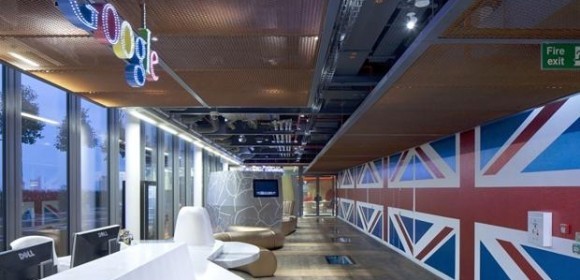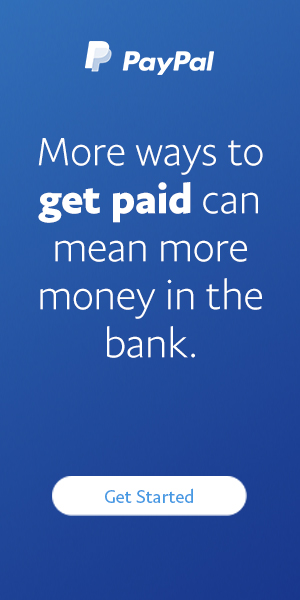Critics of Google back News Corp’s attack
naccountable bureaucracy” that stifles competition and promotes piracy? Google brushed off a blistering attack from News Corp yesterday, while critics in Europe welcomed the newspaper group’s surprise intervention. “Hip hip hooray,” one lobbyist in Brussels said.
Rupert Murdoch, News Corp’s executive chairman, has been publicly critical of Google before — accusing it on Twitter of invading users’ privacy and making money from copyright infringement — but News Corp’s call for the European Commission to curb the American technology company’s “overwhelming” influence was seen as a dramatic escalation of hostilities.
The intervention in a long-running antitrust case has caused astonishment in media circles. There was snickering from some of Mr Murdoch’s critics that News Corp, parent company of The Times, was urging bureaucrats in Brussels to take regulatory action. Yet others said that the letter, sent by Robert Thomson, News Corp’s chief executive, expressed the mounting anxiety felt by many operating in the shadows of Silicon Valley’s tech giants.
Thomas Vinje, a spokesman for FairSearch Europe, whose members include Microsoft and TripAdvisor, said: “This letter makes many of the important points about Google’s abuse of dominance. We know that the views of Mr Thomson are shared by smaller companies in a number of sectors. However, they fear retaliation from Google if they were to speak up.”
Google faced criticism on another front yesterday, when Tim Cook, Apple’s chief executive, accused the search company of putting its users’ privacy at risk in its drive for advertising revenue.
News Corp’s strongly worded complaint, which echoed an earlier open letter by the head of Axel Springer, a German newspaper publisher, has underlined the extent to which the power balance in the media industry has shifted in favour of the big American technology companies.
Mr Thomson’s letter cited several specific practices that Google allegedly uses to squeeze smaller companies — manipulating search results to favour its own products, failing to stop pirated content being accessed, and delaying approval of other companies’ Android apps, all of which are denied by Google — but underlying the complaint is a broad concern that Google’s power is growing “with each passing day”.
The technology giants have quickly amassed extraordinary influence, while many of the “old” media producers have been left struggling to find sustainable business models. Media content demanded by consumers, whether it is Game of Thrones or investigative journalism, is usually expensive to produce, yet the advertising and sales revenues that once sustained the media owners have come under severe pressure.
Newspapers, for example, are trying to fend off declining print revenues by building digital businesses, in the face of a flood of free alternative news sources online. Advertising is migrating online and being swallowed up by Google, whose business relies on aggregating vast amounts of other companies’ content and using the data it collects about users to sell advertisements. According to emarketer, a consultancy, Google will get about a third of the $140.7 billion spent on digital advertising this year and its dominance of advertising on smartphones is even starker, accounting for about 45 per cent of the market.
Mathias Döpfner, Axel Springer’s chief executive, said that media companies were afraid of the Silicon Valley “superauthorities”, but also depended on them to drive users to their services. “Google doesn’t need us. But we need Google,” he wrote in an open letter in April. “Our business relationship is that of the Goliath of Google to the David of Axel Springer.”
Specific complaints by News Corp, Axel Springer and others, such as the alleged manipulation of search results to favour products such as Google Maps and YouTube, have been the subject of a five-year European Commission investigation. Google maintains that it does not act anti-competitively, but struck a deal with the authorities in February after agreeing to modify the way its search results are displayed. However, that deal fell apart last week after a backlash from competitors.
Joaquín Almunia, Europe’s competition commissioner, stands down next month leaving his replacement to resolve the case. Google, which argues that its search engine is designed to benefit users and not to disadvantage competitors, will continue defending its practices. It sought to brush off News Corp’s attack with a flippant response yesterday, saying: “Phew, what a scorcher! Murdoch accuses Google of eating his hamster.” (The comment was a reference to the Sun’s notorious headline about Freddie Starr in the 1980s.)
There was sympathy for Google among technology insiders, who argued that the changing economics of the news business were not Google’s fault and that the media companies were the victims of fair competition. Yet pressure on Google is growing. European politicians are uneasy about privacy after the Edward Snowden leaks, because of the claims that American intelligence agencies may have accessed the data collected by Google and other technology companies.





Discussion
There are no comments on this entry.